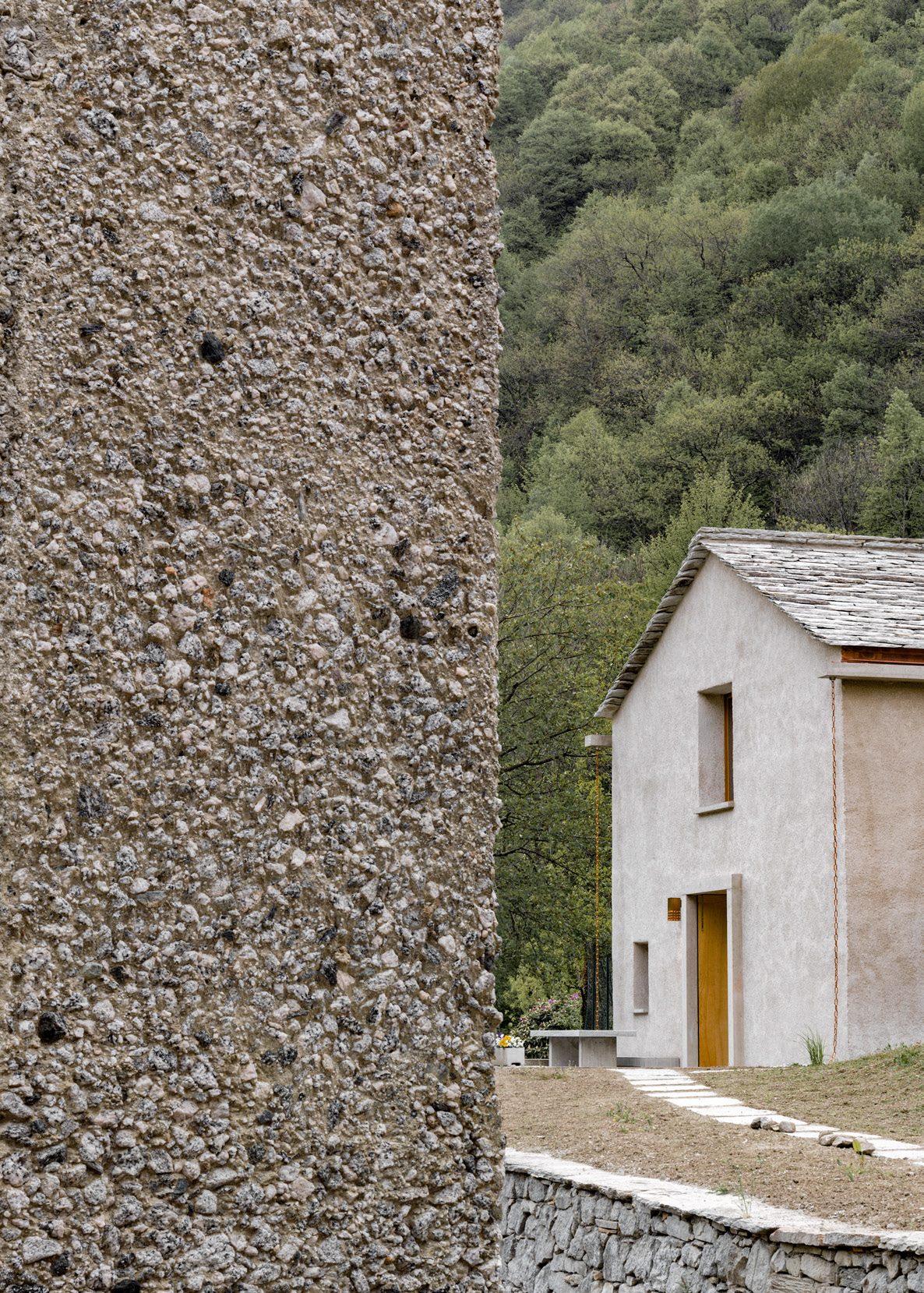
Armando Ruinelli’s forty-year architectural experience, as documented in the recent publication Leggere il tempo, is characterised by its sensitivity and attention to context. Devoid of excess and extravagance, his work establishes a polite dialogue with its surroundings, reflecting the discreet personality of the author. At the core of Ruinelli’s practice lies a profound ethical consideration, extending beyond the design phase to encompass the entire spectrum of operational intricacies. His perspective on time translates into an acceptance of material aging, emphasising the importance of allowing buildings to follow their natural course. Rooted in context, his architecture seeks not only continuity but harmonious integration within the Alpine landscapes they inhabit. In dialogue with the interviewer, Ruinelli emphasises his preference for artisanal work, highlighting the significance of precision in execution and the centrality of humans over materials. His poetic exploration is manifested in creating atmospheres and carefully balancing the dynamic components of a project. Reflecting on the role of the architect, he envisions them as craftsmen endowed with both technical acumen and creative vision. Finally, Ruinelli shares a meaningful project – the fountains in the Soglio cemetery – a creation laden with delicacy and symbolism that underscores the spiritual depth of his work.







